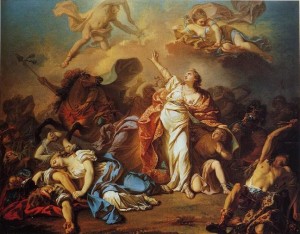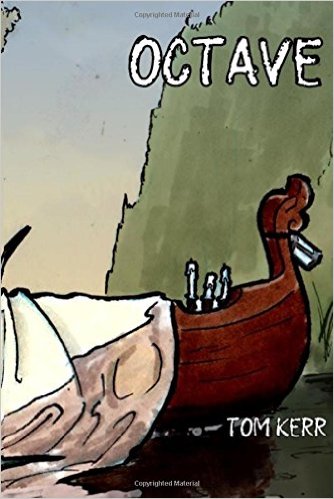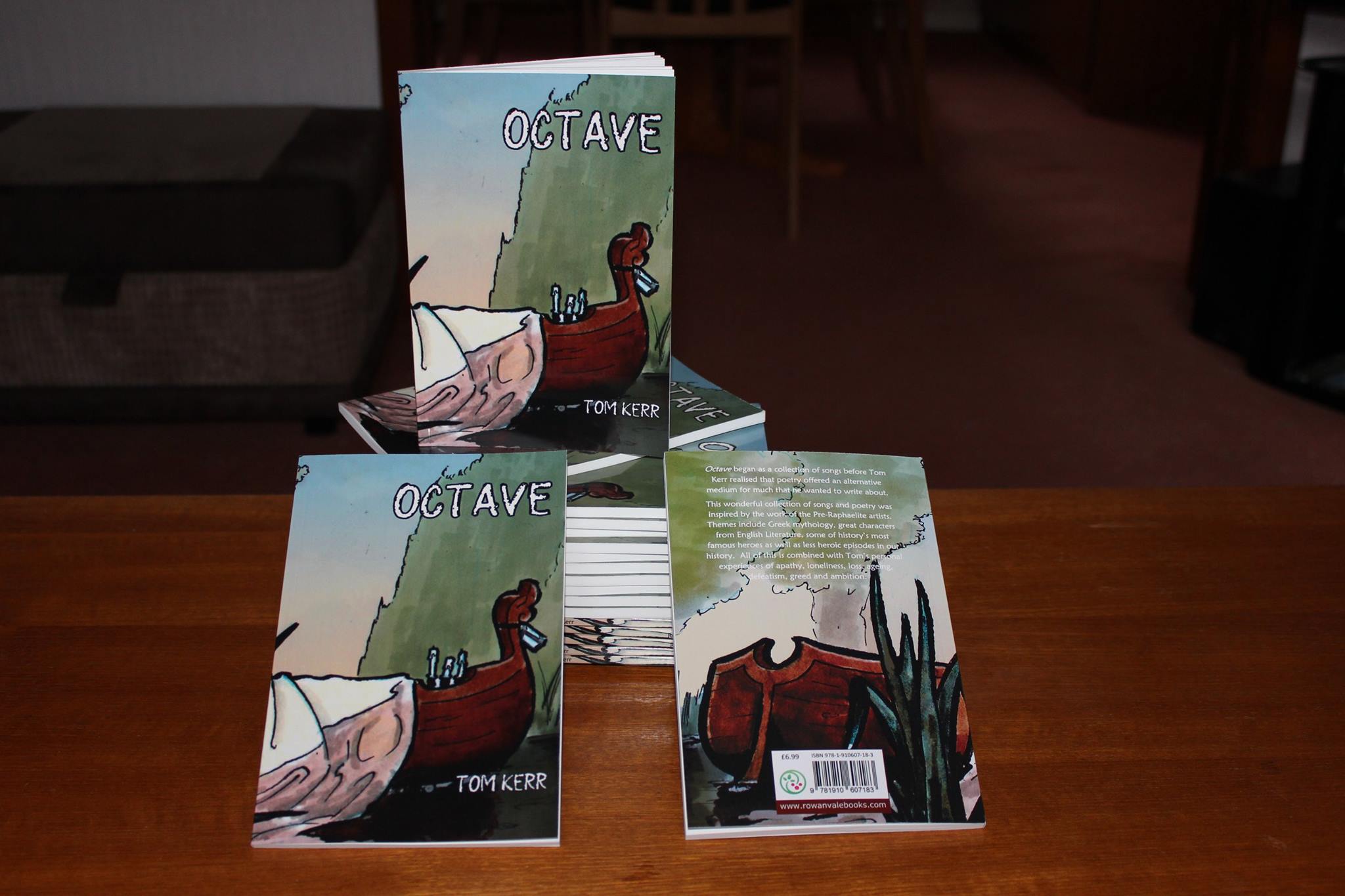PRIDE COMES BEFORE A FALL
2015 has been a good year for me. One of the reasons for this is that I have spent much of it in the company of Hamlet. I have seen two versions of Shakespeare’s Hamlet screened live to an Edinburgh cinema. I have watched film versions of the play and I have read the first folio and second quarto versions a number of times. I personally believe that Hamlet is the best play ever written. I love the fact that Hamlet, a troubled young man, spends much of the play apparently detached from the rest of the characters around him and much of the time thinking aloud, addressing his thoughts directly to us, the audience. Hamlet’s soliloquies are a joy to read and listen to and contain many references to Greek mythology.
Shakespeare went to school in Stratford-upon-Avon from the age of six or maybe seven, but had to leave at thirteen or fourteen due to his family’s financial and personal situation. Lessons at grammar school were taught mainly in Latin with some English and Greek. Greek mythology will have been an integral part of the school curriculum. This is not the case for many of us today, so to get the full meaning of what Hamlet is saying to his audience, the audience needs to have done a little research for themselves.
In this series of four blogs I am going to have a look at the mythological characters that Shakespeare refers to in Hamlet’s soliloquies and why he used these particular characters.
Hamlet’s first soliloquy is in Act 1, Scene 2 and begins with the line; ‘O, that this too too solid flesh would melt’. Hamlet is grieving for his dead father, the king of Denmark, but everyone else in Elsinore has apparently ‘moved on’. His mother, the queen, has remarried his father’s brother, who is now the king and the rest of the court and his friends are getting on with their lives. During the soliloquy he compares his mother to Niobe; ‘Like Niobe, all tears:’
So who was Niobe?

Niobe trying to protect her children, Jacques-Louis David. Wikipedia.org
Niobe was the subject of a play by Aeschylus 523 – 456 BC, but this only exists in fragments, but she is mentioned in other great works including Homer’s Iliad. Niobe was the daughter of Tantalus, who was one of Zeus’s many children. Tantalus was a Lydian king, an area in Asia Minor, now in Turkey. Niobe’s mother was the Titan goddess Dione. Niobe married Amphion, another of Zeus’s many sons. Amphion was a brilliant musician and with his brother Zethus built the walls of the ancient Greek city Cadmeia which they renamed Thebes. Thebes has been the setting for many of the famous Greek tragedies.
Niobe and Amphion had many children, different versions of the story quote a different number, and vary from twelve to as many as twenty, but in most cases there were equal numbers of boys and girls. At a festival in Thebes celebrating the Titan goddess Leto, Niobe boasted that she was more fertile than the Titan goddess Leto who had only two children. Niobe also boasted that she was the daughter of a goddess and a famous king and the people should be celebrating her instead of the goddess.

As we know offending the gods is never a good idea and a severe punishment usually awaits anyone who dares to. An angry Leto sent her son Apollo to murder all of Niobe’s sons and sent her daughter Artemis to murder all of Niobe’s daughters. Apollo shot Niobe’s sons while they were out hunting and her daughters were shot within their house. Niobe now full of grief for her dead children and her husband, who killed himself, fled back to her homeland. On Mount Sipylus, she was turned to rock and continues to weep for ever.
So Niobe has become synonymous in literature with grief, and it is no surprise that Hamlet would refer to her in his soliloquy. Hamlet compares his mother Gertrude to Niobe. But he does so with great irony. His mother has married his father’s brother within a month or two of the king’s death, with ‘most wicked speed’ as Hamlet says. The gods had accused Niobe of hubris, she boasted that she should be worshiped and not the goddess Leto.
Niobe was also guilty of using her family to increase her standing within the community. Hamlet accuses his mother of marrying the new king in order to maintain her position as queen and also accuses her of being insincere in her grief for her dead husband. Hamlet warns; ‘It is not nor it cannot come to good:’
So like the story of poor Niobe, we are being told that the marriage of his uncle to his mother is not going to end well.


Comments are closed.